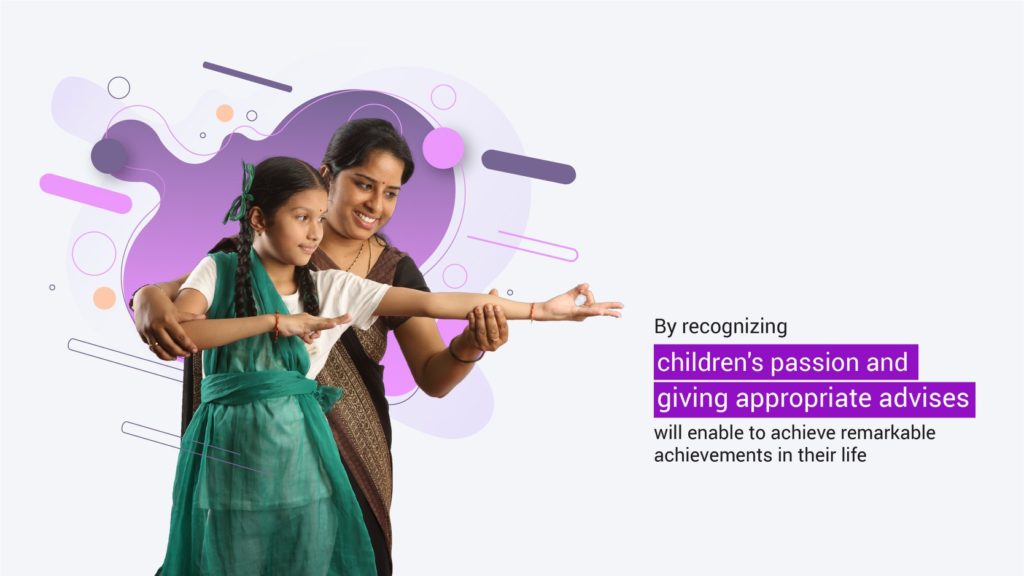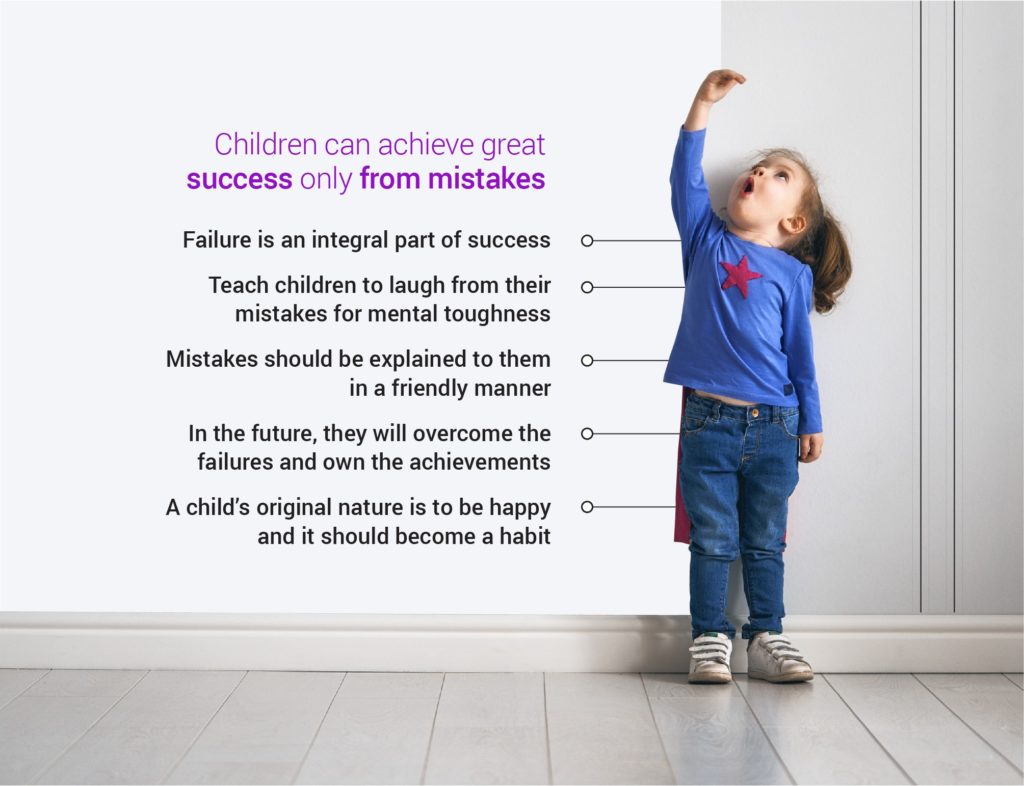The Process of Finding a Child’s Passion and Important Ways to Guide Them

All schools do not kill creativity: We foster talent and enhance children’s skills
Children of all age groups benefit from creative development in school. In fact, it is necessary for school teachers to adopt techniques to enhance children’s skills and abilities. The Siddharth Public School Hyderabad believes in the process of finding a child’s passion and important ways to guide them. It is done through classrooms and outdoor activities. As a smart CBSE school in Hyderabad, it has teachers to help students to share ideas and solve problems. We have a diagnostic approach that supports students to come to school each day eagerly.
Key Takeaway:
Creativity has to be nurtured, it is not inborn like talent or passion. It is a skill to be developed with techniques.
New Generation New Techniques:
Let’s break one myth- Being creative is not restricted to music or arts. A child may show a passion for even mathematical concepts or science subjects. He/she may require emotional and social intelligence that comes forth while interacting in class or outdoors. Once a child learns problem-solving techniques with new approaches it adds to their skillset and abilities.
Are toys and fairy tales the only source to open young minds? Not really. This is another myth we kill. Each child requires guidance and not just listening to age-old tales of generations gone by. To nurture ingenuity, school projects are designed to help students to explore, think and come up with alternative solutions.
Let them Make Mistakes:
A part of fostering creativity in children is to allow them to make errors and yet build confidence to triumph. Failure is an integral part of success all lifelong. Instructors teach them to laugh at their mistakes, so it does not affect them mentally. In adulthood, they will encounter several failures and successes. A child’s original nature is to be happy and it should become a habit.
Freedom and Responsibility:
Allowing children to make their own decisions is significant for their development. How else will they be able to gain self-assurance? We take pains to permit youngsters to question, think out of the box and accept challenges.
Once they reach home, the same ambience should be available. Allow them to use the home as a petri-dish of experiments. As they extend their passion at home, they develop an original mindset. Let them disagree and parents should allow them to express themselves on social subjects. If children solve a problem in one way, ask them to do it in another way. It challenges them to think laterally.
Not Necessary to Reward Children:
In school when a child does well, the teacher will shower compliments and say a few encouraging words. However, at home, parents tend to give rewards. It is not necessary that a gift is given each time. A child should not expect rewards. Children’s skills and abilities are affected if they attach results to it. If the gift is not aligned to their expectations, their performance scale is reduced. They need the flexibility of thought and it comes when there are no expectations.





